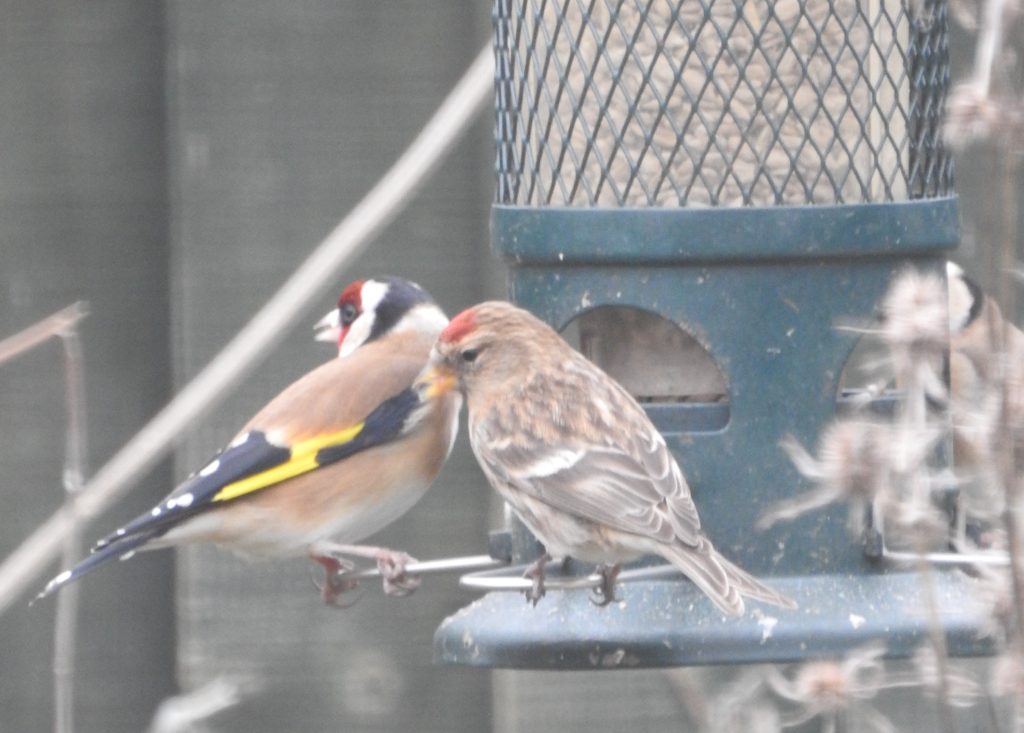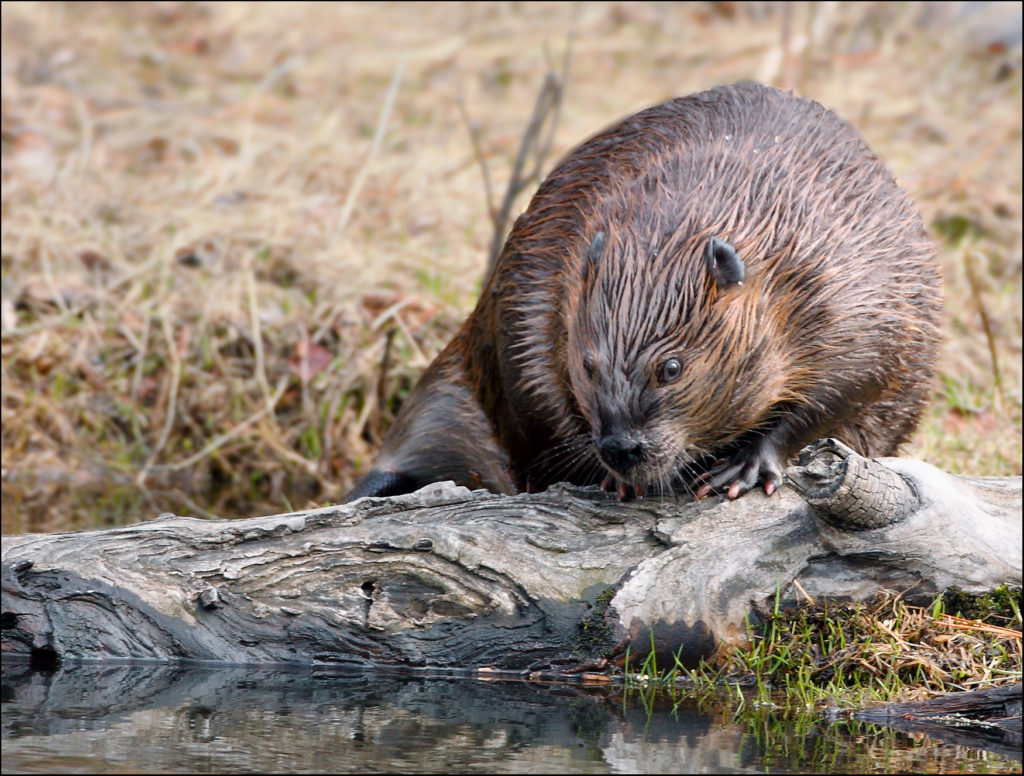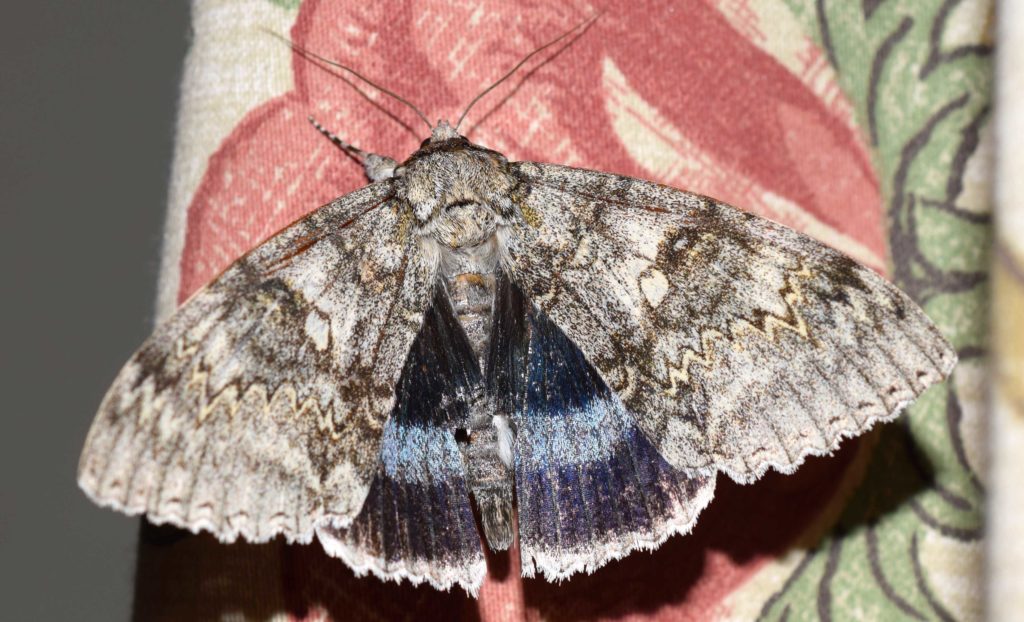
The BBC reports the regular feathered visitors to the bird feeders I hang in a particularly lovely tree outside my kitchen window are a welcome dose of colourful nature in a sometimes repetitive daily schedule. So the suggestion that my conscientiously topped-up supply of “premium mixed wild bird seed” is anything other than a positive boost for local wildlife has come as something of an unwelcome surprise. But evidence has been building recently that supplementary feeding could disrupt a delicate ecological balance beyond our windowsills and gardens.


